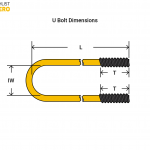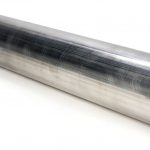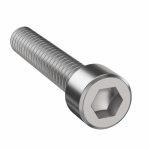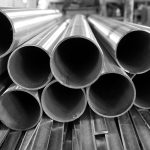Is Inconel magnetic? No. It is nonmagnetic. But many Inconel alloys possess magnetic qualities despite not being naturally magnetic. This has to do with its alloying elements and behavior during the heat-treating process.
Read on to learn more about its magnetic characteristics as well as its other unique properties. These unique properties include its physical makeup, reactivity, malleability, and conductivity.
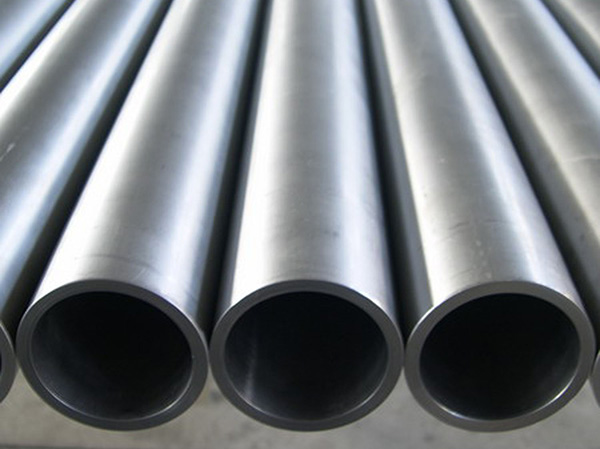
Magnetic Properties
Inconel alloys’ high nickel concentration is the origin of the alloys’ magnetic characteristics. Even at ambient temperature, pure nickel is magnetic, but Inconel alloys combine it with other elements like chromium and carbon. As a result, the magnetic characteristics are reduced.
When Inconel rubs or scrapes against another alloy or changes temperature while in operation, the efficiency of this magnetic reduction further lessens. Prolonged exposure in a severely carburizing atmosphere for the purpose of case hardening makes the Inconel take on magnetic characteristics.
Physical Makeup of Inconel
This alloy comprises 50-55% nickel, 17-21% chromium, 4.75-5.5 % niobium and tantalum, and trace amounts of molybdenum, titanium, cobalt, aluminum, manganese, copper, silicon, and other elements. This alloy provides a strong, flexible, and corrosion-resistant material. Its also expensive, thus limiting its use to
Reactivity
Inconel may react with strong acids to release gaseous acid decomposition products. Welding produces fumes and expected fume constituents include oxides of metal such as iron, manganese, nickel, and chromium. Contamination, dirt, surface protection, paint, or primer on the base material can affect the composition of the fumes. Welders should always apply appropriate personal protective equipment prior to striking an arc.
Malleability
Inconel has good malleability and machining quality. Most of these alloys tend to experience strain hardening during the machining or shaping process. Inconel 718 is different as it is easier to the machine by using a hard cutting implement and a slower cutting process.
Conductivity
Inconel is an alloy that conducts electricity poorly compared to pure metals. Generally, metals desired for their conductivity are used in their pure state or with as little alloying as possible. For example, electrical contacts in switches and relays are often alloys. The addition of other elements provides higher melting points, so sparks don’t erode the metal and hardness, and they don’t wear away as fast.
Applications
Inconel in Aerospace and Jet Engines

Jet engine and airframe components such as lock wire, exhaust liners, and turbine seals, fashion from Inconel alloy 600. Because Inconel alloy 601 has high mechanical strength and is simple to work with, it can be utilized in many aerospace applications.
Inconel in Oil and Gas Extraction

This alloy sees common use in the oil and gas industry. The most often used Inconel alloys are 625 and 718, which have excellent performance in extreme temperatures and under mechanical stress and corrosion resistance to seawater and acid.
Superalloys like Inconel 625 form pipe and processing systems that extract and transport liquefied natural gas. This material has exceptional fatigue and thermal-fatigue strength, excellent oxidation resistance, high tensile, creep, rupture strength, and weldability. In addition to LNG applications, it also forms pipes that contain sour gas.
Pollution Control and Waste Processing
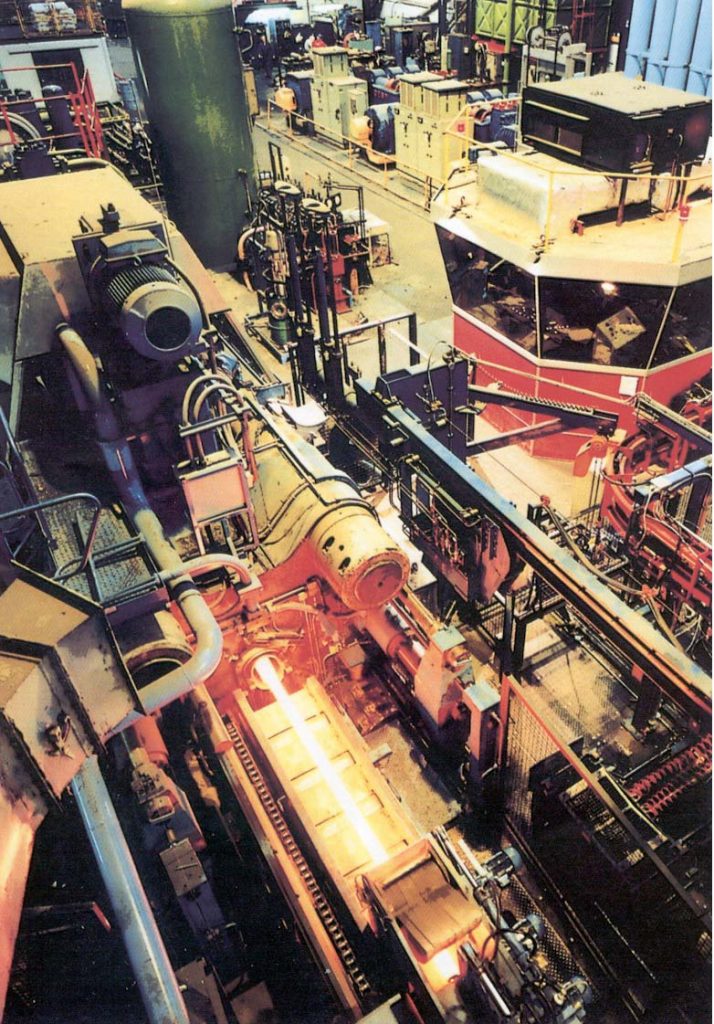
Pollution management and waste processing are demanding situations in which materials must perform at their best. Naturally hazardous and corrosive substances require transportation, treatment, and storage. Thus, the alloys used in waste-processing systems must have excellent resistance to both oxidizing and reducing acid solutions and opposition to the high processing temperatures.
Inconel C-276 provides the best alloy in these applications, as it has excellent corrosion resistance. Its high percentage of molybdenum (15-17% makes it highly resistant to pitting and crevice corrosion. It also has a low carbon content, preventing carbide precipitation during welding and ensuring welded structures maintain corrosion resistance.
Inconel in Automotive
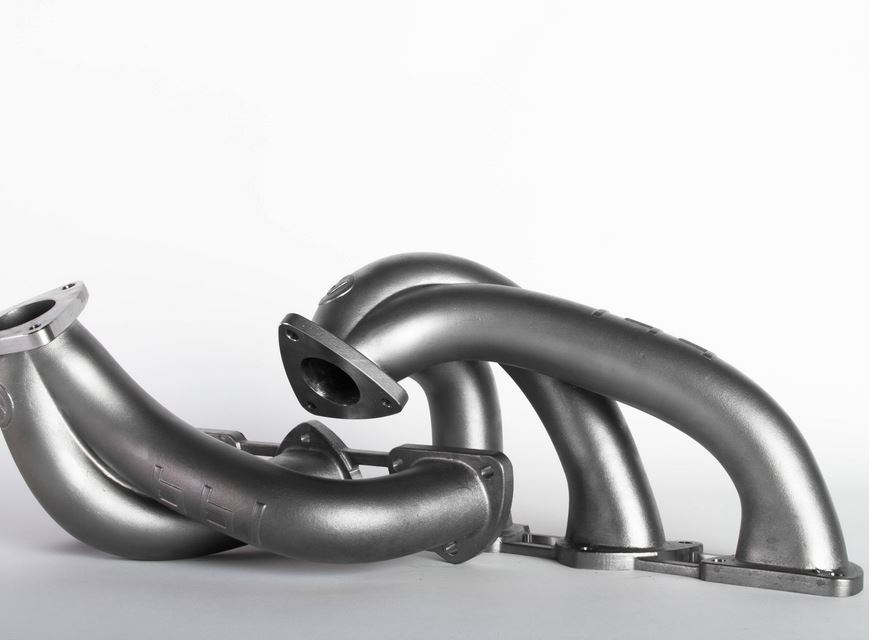
Inconel’s combination of strength and corrosion resistance makes it an outstanding solution for high wear and critical use automobile parts. The versatility of Inconel 625 makes it a good use case in exhaust systems of high-performance cars and supercars. Inconel alloys also see frequent use in ignition systems, sensors, safety devices, and electrical switchgear.
Also, many automotive parts fashion from Inconel X-750, including engine valve springs. This precipitation-hardenable nickel-chromium alloy is known for its high strength and excellent corrosion and oxidation resistance.
Marine Industry
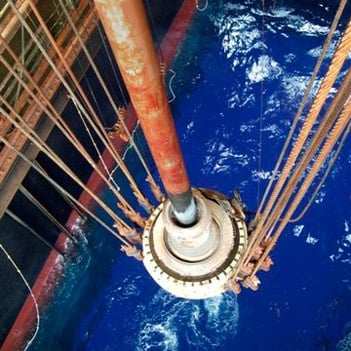
Seawater often cools offshore platforms and processing plants. The highly corrosive nature of seawater systems requires materials that will not degrade.
In such severe conditions, Inconel functions admirably. For example, wire rope, propeller blades, propulsion motors, and sheathing for undersea communication cables are all made of Inconel 625. Down-hole equipment, platform risers, hangers, and high-strength fasteners are among the other applications for Inconel alloys.
